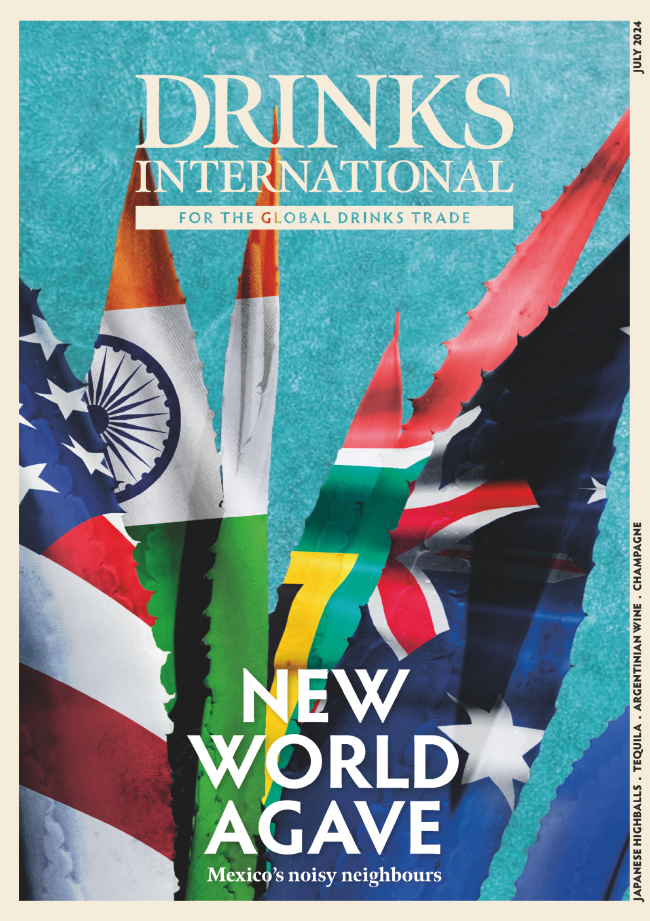Alibaba is one of the biggest online retailers in the world, and on Singles Day 2018, a Chinese national holiday, it broke the record for the most sales in a day – US$30.8bn.
These numbers, staggering as they are, might not be as easy to tap into for craft brands because not only is it difficult to forecast sales via e-commerce, but if more stock is required it can take weeks to arrive with the consumer if the products are coming from Europe.
Communication is also lacking. Language barriers, although improving, are still problematic on a business level and the use of different messenger applications such as Wechat instead of Whatsapp. It sounds basic but if you want to tap into the Chinese markets, communicating on their terms is a big advantage.
LEADING THE CHARGE
The London Distillery Company is at the forefront of the craft spirits push in China. LDC produces Dodd’s gins, Kew Spirits and a rye whisky at its London-based distillery, but the company is doing particularly well in China. In fact, it has recently signed several new distribution deals and branched out into duty free for the first time with the launch of Kew Hong Kong Edition gin at Hong Kong International Airport.
LDC chief executive Killian O’Sullivan says: “The Chinese market is generally very proud of Chinese brands, but the growth in our premium shipments to China increased 200% in 2018.
“We’re quite a small company but we’ve experienced significant growth in China, with a focus on the on-trade. Cocktail culture in Shanghai is very strong, which makes it one of the bigger pushers for craft spirits in China.”
But it’s not just Beijing and Shanghai which have potential. In Shenzhen it is reported that 10 new bars are opening a week – you could argue this would supple the demand for a company just to focus on this city alone.
LDC is in a fortunate position in that it has a stake in China-based distributing company Gotham East, which makes international growth significantly easier for the London distillery.
But O’Sullivan thinks there need to be more companies like Gotham East.
He adds: “There are lots of distribution companies in China, but I’d say there’s a demand for good-quality distributors. That’s the real issue at the moment.
“I think there’s still good headroom for craft spirits to grow in China but the brands trying to tap into the market need genuine provenance and to be top quality.”
The issue certainly isn’t the number of brands which classify themselves as craft. In the UK alone there are more distilleries in London than ever before, with Scotland beginning to make its own rum, Irish whiskey brands emerging rapidly and a new gin brand launching almost weekly.
It appears the priority for western craft spirits in China is on the distribution side – not surprising when you think of the logistics of delivering liquid across the vast landscapes of China.
Attempting to supply the entire country with a local gin brand may not be the solution, but targeting one city alone could. There are now 12 cities in China with a bigger population than Madrid – get a foothold in just one of these cities and sales will rocket.
There just needs to be more quality, focused, trustwortrhy Chinese-speaking distributors to make it possible. But if you’ve been inspired to launch your own distribution company in Tianjin, or ship stagnant stock to Shanghai, remember that to get good luck in the year of the pig you’ll need it to be the 258th batch of daisy-infused gin with a gold foil label.




